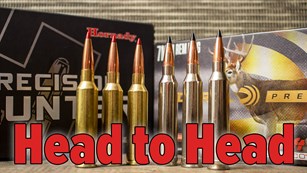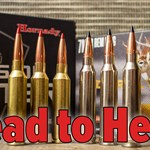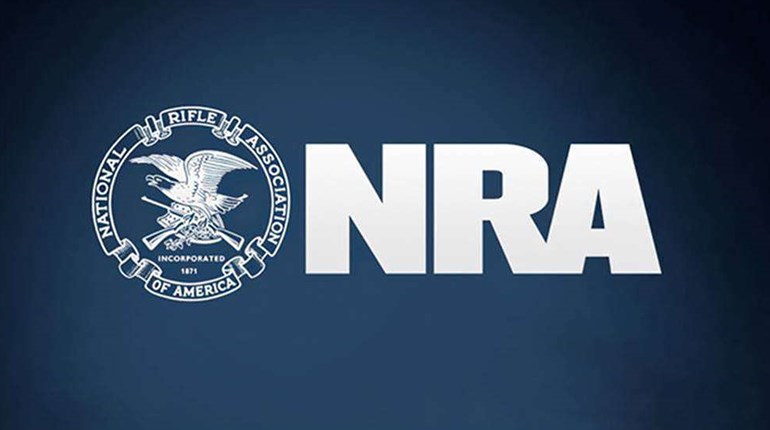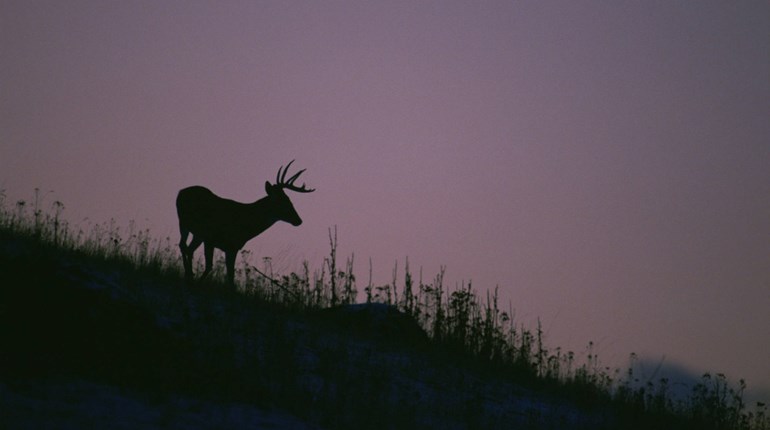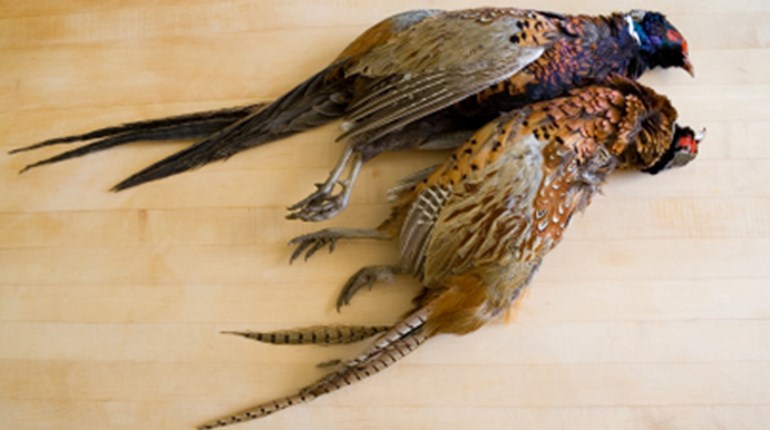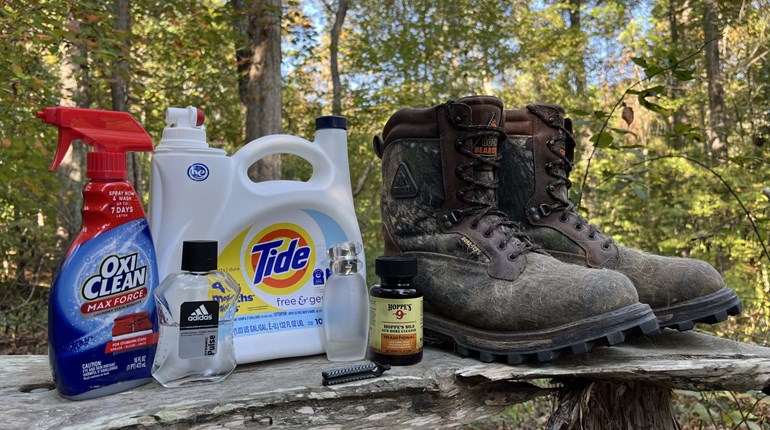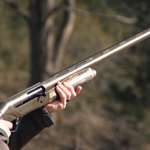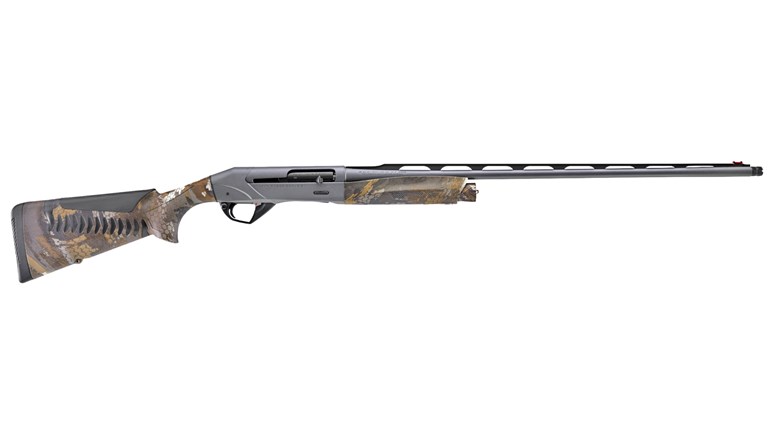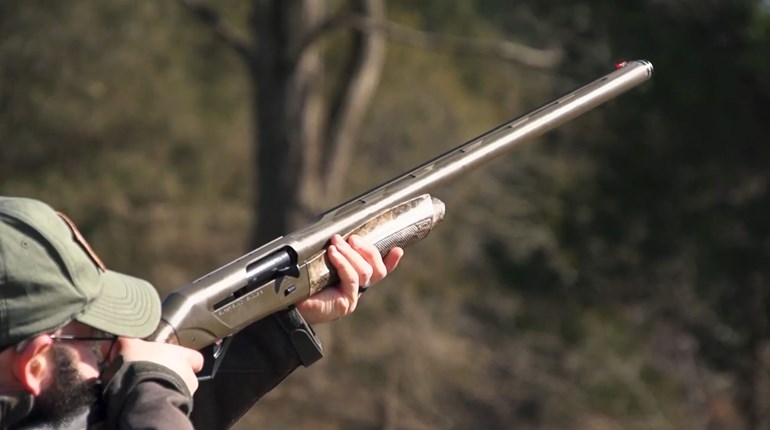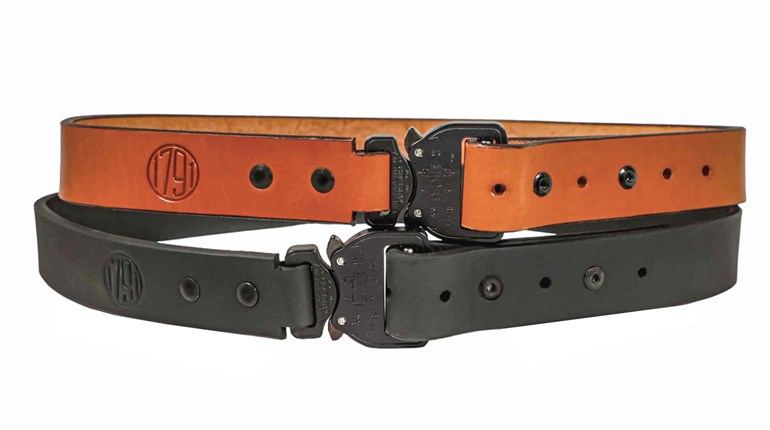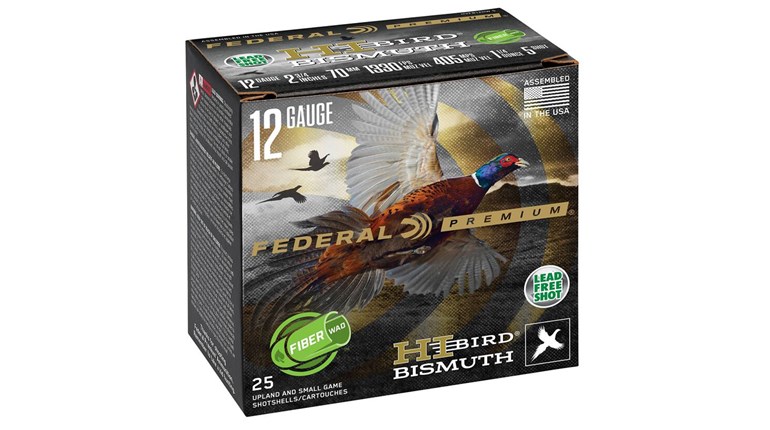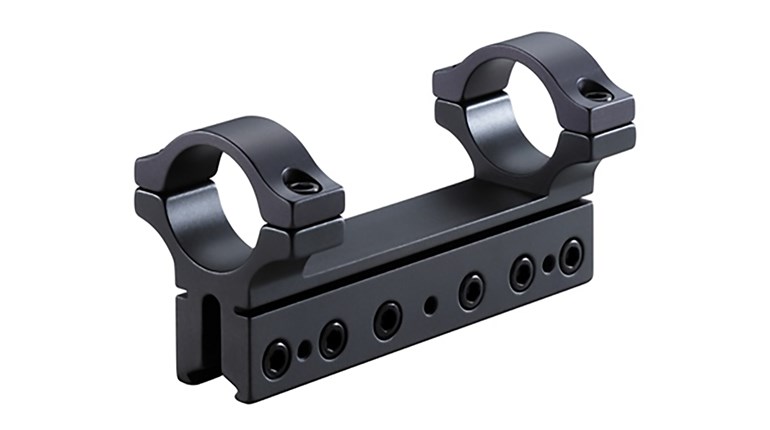The hunter scraped and saved for years to finally make his “dream hunt” a reality. When the plane landed in Saskatoon, his head was swimming with excitement and visions of massive Boone & Crockett antlers. Arrival in camp brought his dreams to a screeching halt. Cramped, dirty quarters to sleep in full of screaming children and frozen bologna sandwiches made conditions less than ideal, but it wasn’t booked as a luxury hunt: he’d come to hunt big deer. Only there weren’t any deer, either—not live ones. The only trophy bucks he saw were the ones that locals attempted to sell to him, shot out of trucks at night using spotlights. He got on a plane and headed home as soon as he could hitch a ride to the airport.
This happened to a friend of mine a few years ago, but bad hunts can happen to all of us. I’m not talking about hunts that are unsuccessful, when bad luck strikes or bad weather rolls-in—I’m talking about hunts where real problems arise. I’m talking about lazy or drunken guides, inedible food, dangerous conditions you didn’t bargain for, non-existent game or illegal activities. So what do you do when your guided hunt doesn’t go as planned?
Prevention is the Best Medicine
The best way to deal with a bad hunt is to avoid it in the first place. Ask specific questions when you speak to the outfitter including reasonable expectations of trophy quality. If the outfitter tells you to expect a 150-inch whitetail or 350-inch elk, ask them how many of their hunters took such trophies in the past three years. Ask for photos. Does the outfitter own the area or lease it? How long have they hunted the particular area you’ll be in?
Get the names of references and speak to hunters who have used the same outfitter in the same area, preferably last season. Ask pointed questions regarding the number and quality of animals seen, condition of the camp/lodge (if this is important to you), attitude and experience of guides, as well as any problems that came up and how they were handled. The Internet is a good tool for researching outfitters but beware of sour grapes from jealous competitors or local hunters who resent them operating in “their” area.
Book the Right Hunt for You
In elk camp last year, there was a nice guy in camp who was scared to death of horses and heights. A Rocky Mountain horseback elk hunt was probably not the right hunt for him, but he did get his elk! If your idea of a hard hunt is walking across a cornfield after pheasant, a sheep hunt is probably a waste of your money and the guide’s time. Make sure you are honest with the outfitter, and yourself, about what your physical limitations and comfort expectations are.
Get it in Writing
The lawyer in me says that a hunt contract is always a good idea. I’m not saying you should sue the outfitter if the hunt doesn’t meet your expectations, but putting those expectations on paper is a way to ensure that there are no misunderstandings. A contract is standard for most outfitters and will include hunt dates, species sought, prices, as well as what’s included in the price and what isn’t. If you’re booking a hunt in an area with strict quotas (Africa, for example), be sure that your quota is set-aside for you.
Use a Booking Agent
Booking agents are like old-fashioned travel agents for the hunting industry and a good one can be a lifesaver. NRA Outdoors is a hunting, fishing and adventure travel agency that serves NRA members’ outdoor travel needs. A good agent will set you up with a hunt that’s right for your budget, expectations and abilities. Agents do the outfitter-shopping homework for you, and a good one can help salvage a hunt gone wrong. I asked Greg Ray, President of NRA Outdoors, how an agent can help when a hunt goes badly:
“Most outfitters are willing to do the right thing if they messed up or a guide under their employment messed up, but hunters can also occasionally come across the outfitter who is just running numbers and is only in it for the money.
“A couple of years ago, one of our clients came back from a mule deer hunt unhappy about the experience. After a few questions, we were able to determine that his guide was not putting in the effort needed for the hunt and really did not seem like he wanted to be there- he even took time during the hunt to run a personal errand.
“Armed with this information we were able to contact the outfitter and discuss the situation with him. Our outfitter not only dismissed the guide in question, but also had the client come back and hunt free of charge and the issue was solved. This is one of the huge advantages of booking your trip through NRA Outdoors, we typically send our outfitters dozens of clients every year, they rely on us for their marketing efforts and therefore we can use that to our advantage if a situation like this one arises. The outfitter is more likely to respond more favorably to someone sending him a good deal of business than he is to one or two individuals.
"If you did book the trip on your own and things are not as advertised, your best course of action is to say something immediately while you are there and get the problem solved right away. You would be surprised as to how many clients come back from a trip and have a small complaint such as “the outfitter was great but he didn’t have my brand of soft drink” or “outfitter was great but I would have preferred to do more spot and stalk hunting instead of sitting in a tree stand.” When asked what the outfitters response was when they asked the outfitter to resolve the issue, their response is, “Well I didn’t want to say anything.” The outfitter can’t fix something, even if it’s very simple, if you don’t let them know you have a preference for something different."
Communication is Key
Greg raises an excellent point on talking to the guide/outfitter when a problem comes up. Maybe what you see as a problem isn’t even on their radar. If you’re unhappy, or something about that hunt isn’t what you agreed to—it’s up to you to speak up. Be polite and respectful so as not to further deteriorate the situation, but by all means make your complaints known. If you used an agent and you have the ability, give him or her a call to see if they can help.
No hunt is perfect. The weather doesn’t always cooperate, the game isn’t always there and you’re not going to get along with every guide, but there’s a difference between “that’s why we call it hunting” and a truly bad experience. How you choose an outfitter, how you address problems as they arise and whether you used a good booking agent can make the difference between a happy ending and a broken heart.






